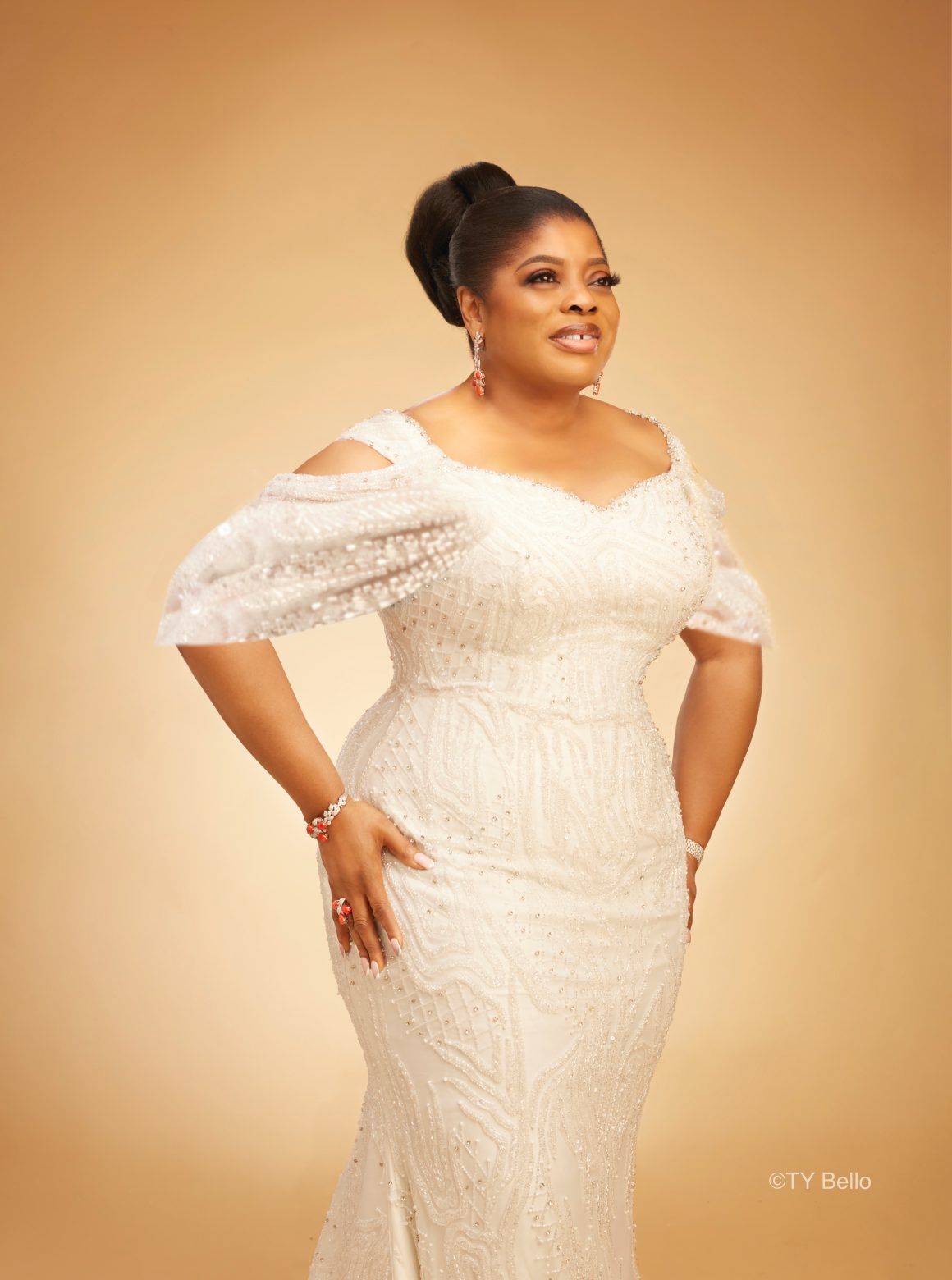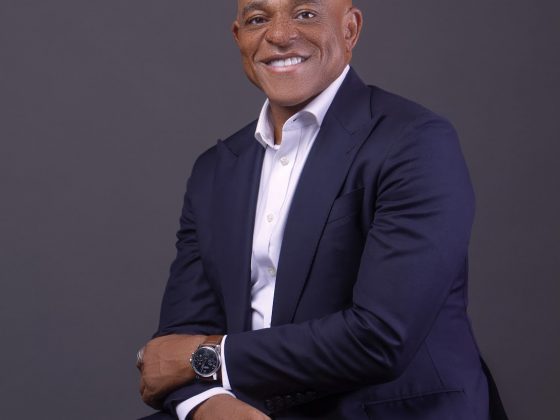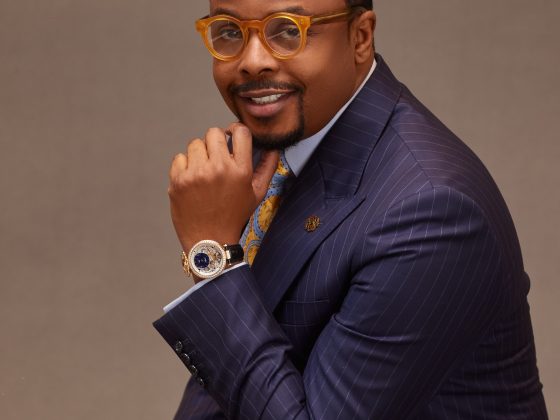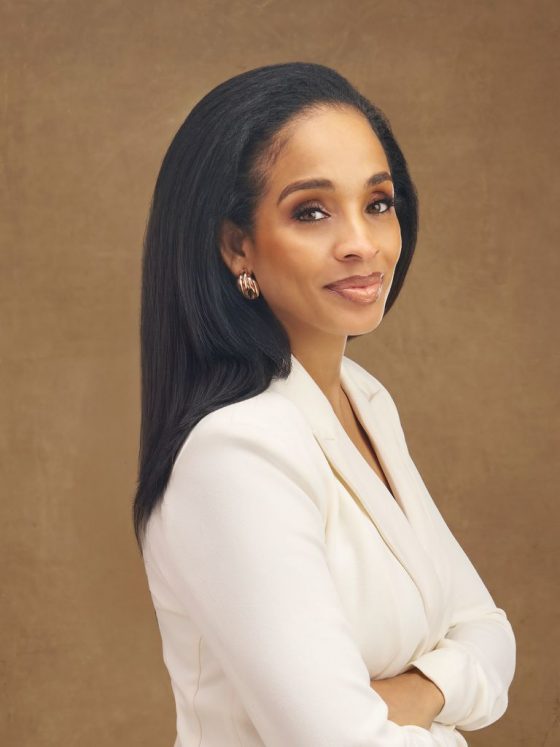From the outset, Nneka’s journey into the banking world was a challenge to the traditional gender roles of her culture. Her academic foundation was laid at the esteemed University of Nigeria, Nsukka, and further solidified with a Master of Law from King’s College, London. Her thirst for knowledge and growth led her to executive training at renowned institutions like Harvard Business School and The Wharton School. This journey culminated in a Diploma in Organizational Leadership from Said Business School, Oxford University, a testament to her commitment to continuous learning and growth.

When Nneka joined Fidelity Bank in 2015 as an Executive Director, her vision was clear and transformative. Her appointment as the bank’s first female MD/CEO in 2021 was a historic moment, breaking glass ceilings and setting a new precedent for leadership within the industry. Under her leadership, Fidelity Bank has experienced unprecedented growth, with profits reaching new heights. This is a clear testament to her strategic prowess and innovative banking practices, which have reshaped the bank’s trajectory.
Nneka’s leadership style is deeply rooted in authentic engagement with her teams and clients. She strongly believes in the power of relationships to drive growth. This philosophy has seen her reposition Fidelity Bank as a formidable force in the banking sector, particularly in retail, corporate, and commercial banking. Her ability to spearhead complex transactions in diverse sectors such as oil and gas, manufacturing, and real estate underscores her multifaceted expertise and dynamic approach to banking.
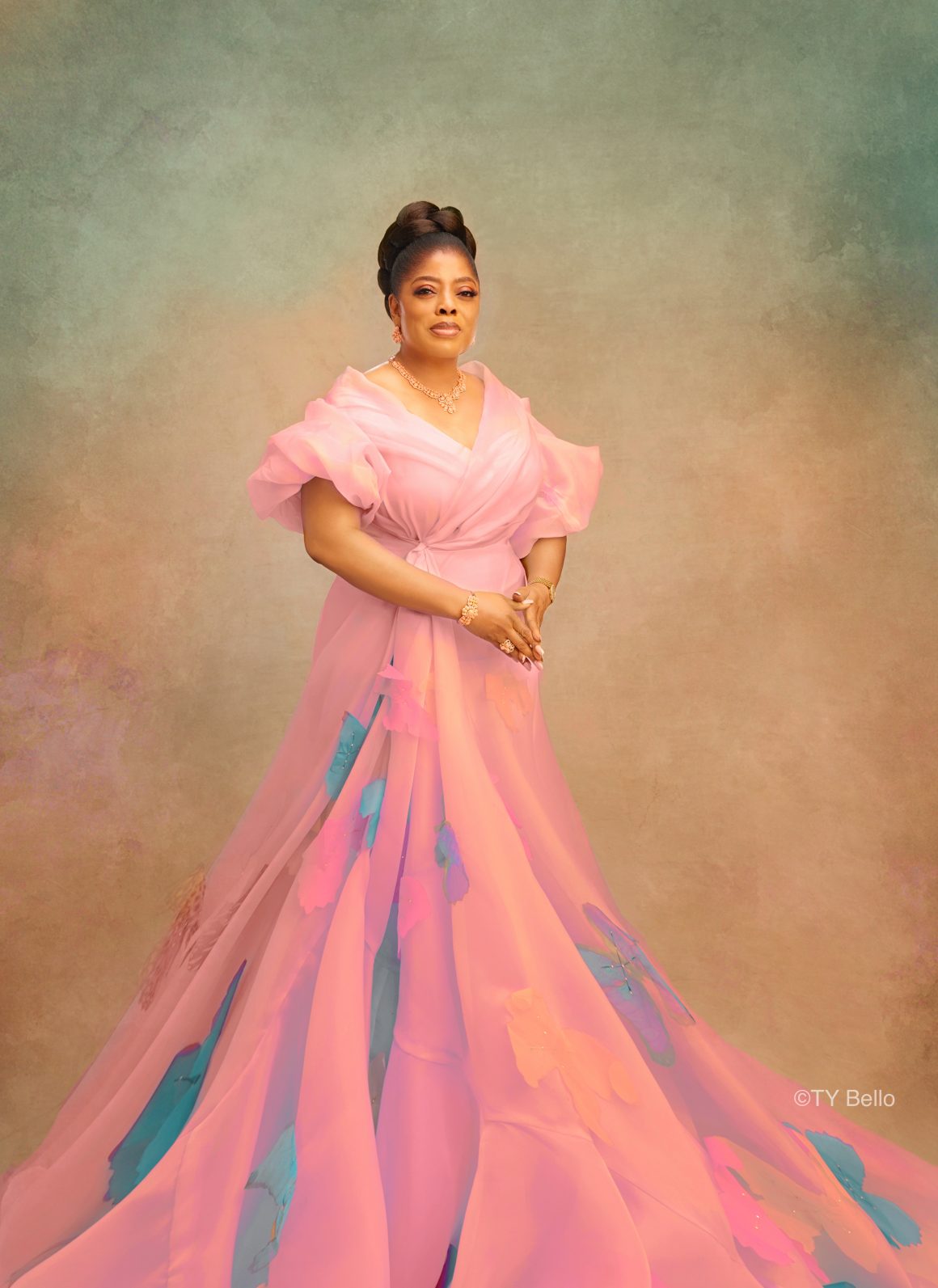
Passion for innovation is another cornerstone of Nneka’s tenure. She has been instrumental in launching cutting-edge products like PayGate Plus, a platform that revolutionises how businesses handle transactions, setting Fidelity Bank apart in a competitive market. Her foresight in embracing technology and innovation has enhanced Fidelity’s operational efficiency and improved customer experience across the board.
Understanding the critical role of small and medium enterprises (SMEs) in economic sustainability, Nneka initiated the Fidelity International Trade & Creative Connect (FITCC). This platform serves as a nexus for exporters, investors, and market experts, fostering discussions and deals that have propelled Nigerian businesses onto the global stage. The success of FITCC, particularly its international editions, showcases Nneka’s commitment to extending Fidelity’s influence beyond Nigerian borders, reinforcing her vision of a bank that serves as a global connector of opportunities.
Community service and corporate social responsibility are also dear to Nneka. In her latest initiative, The Fidelity Food Bank, she addresses the pressing issues of poverty and hunger, providing sustenance to thousands across Nigeria, reflecting her belief in the power of businesses to foster societal change.
As she turns 60, Nneka Onyeali-Ikpe’s life and career are a narrative of breaking barriers, innovative leadership, and relentless pursuit of excellence. Her accolades, including national awards and global recognitions, tell the story of a woman who not only climbed to the top but also lifted others along the way. In this interview with Funke Babs Kufeji, she talks about her journey, inspirations, and aspirations, offering a unique glimpse into the mind of one of Nigeria’s most influential business leaders as she looks ahead to the next chapter of a storied career.
Your tenure as CEO of Fidelity Bank was extended to 2026 this year. Why is this? Looking back, how is the Bank different from when you first became CEO in 2021?
I’m humbled by the board of directors’ decision to extend my tenure. For me, the decision attests to the hard work my team and I have put into positioning the Bank as a leading player in the industry. Today, we have carved a niche for ourselves as a renowned banking institution dedicated to helping individuals grow, empowering businesses to thrive, and supporting local economies to prosper.
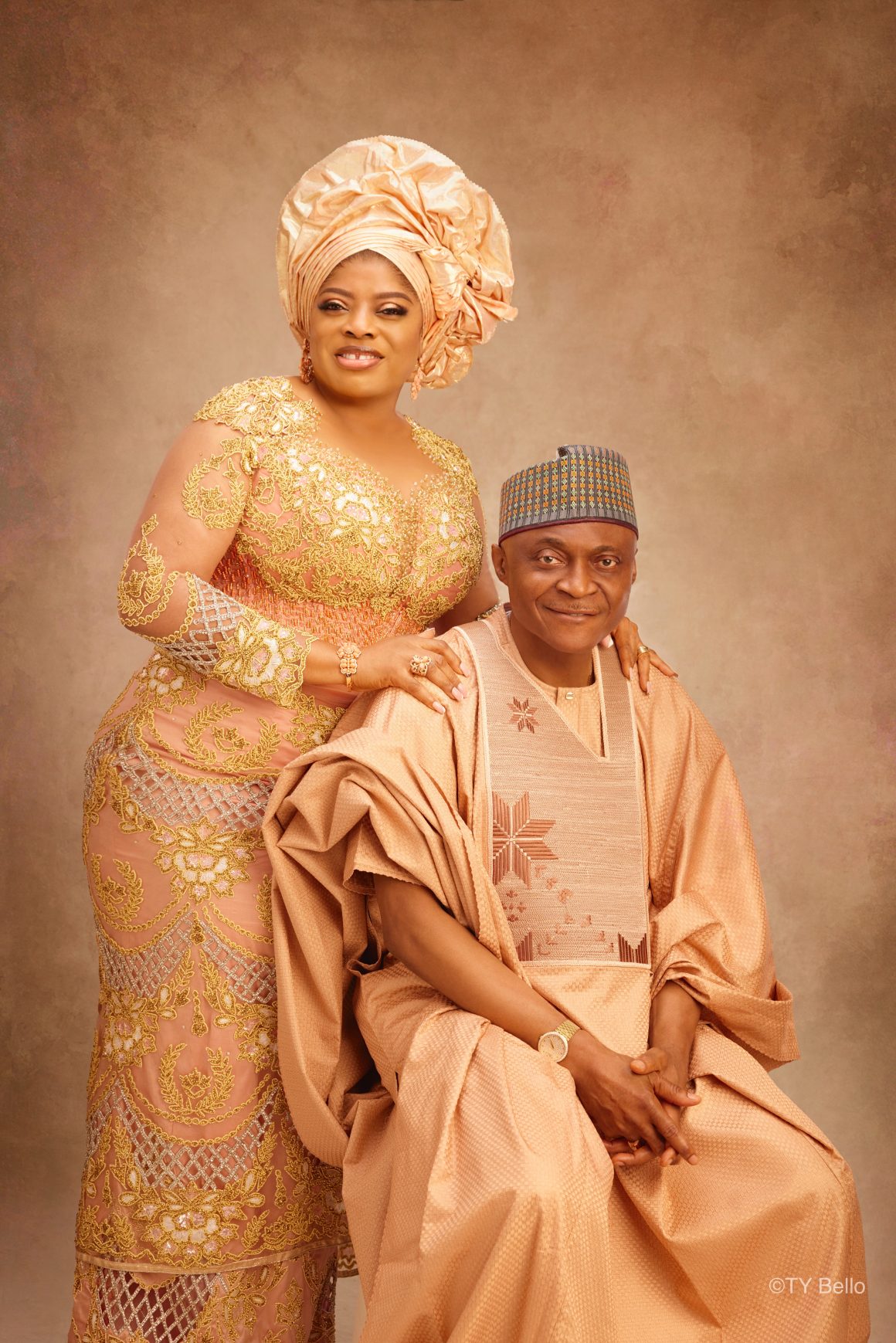
In the last four years, a series of Women have emerged as Bank CEOs. As the first female CEO of a bank in Nigeria, tell us more about yourself and your journey to becoming the CEO of Fidelity Bank.
Women bring a lot of value to the table in leading organisations. This recognition is reflected in the growing number of female CEOs in the banks’ boardrooms. My journey to becoming the CEO of Fidelity Bank began around 34 years ago when I started my banking career. Starting as a young female banker in a vastly male-dominated industry, I decided that I would reach the peak of my profession, so I put in the work and dedication. I acquired the necessary skills and remained focused on my goal of reaching the top. Over the course of my career, I was fortunate to work in multiple roles across several important banks, which eventually led to my appointment as the MD/CEO of Fidelity Bank. Today, advocacy for gender equity is more than it used to be compared to when I started. This has resulted in more success in women being appointed to leadership positions across key sectors of the economy.
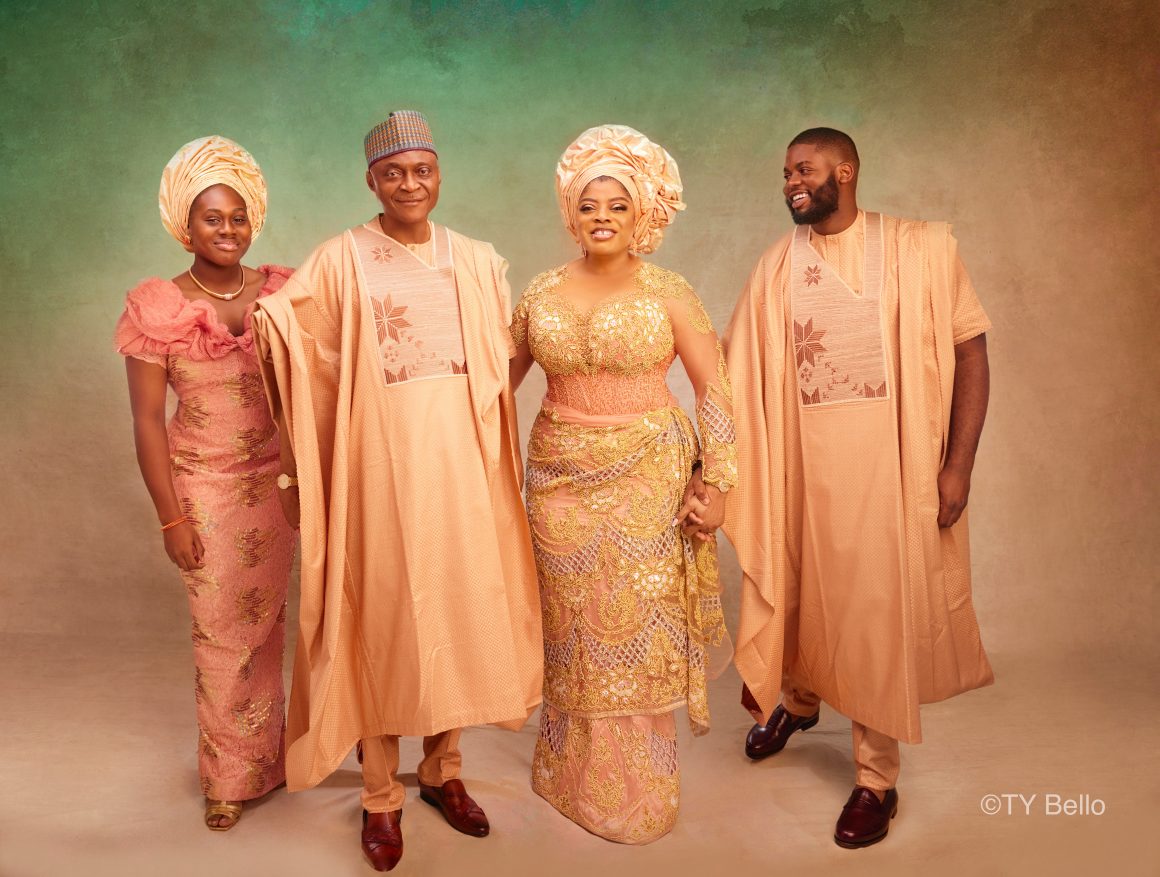
Why do you think it took this long for women to be recognised and attain the office of the CEO in the banking sector?
While it has not been commonplace, we have had female CEOs lead institutions as far back as the 1990s. I think these women did a good job demonstrating the efficacy and multiplication women bring to leading banks, and their performance blazed the trail for the rest of us. Now, we are able to demonstrate that women can do well in the driver’s seat in any banking institution, and many organisations are actively supporting this.
Now that women seem to be having their moments, what systems have you put in place at Fidelity to make sure more women CEO evolve?
I don’t think the goal is to ensure a male or female CEO emerges. Rather, to ensure equal opportunity is given to candidates regardless of their gender. I think the goal should be equal opportunity for both men and women in the workplace. Thus, my aim as CEO is to foster a culture of inclusivity and diversity that ensures our staff enjoy equal opportunities for career advancement and leadership roles regardless of gender. As of today, our employee gender composition is 50.2% female and 49.8% male.
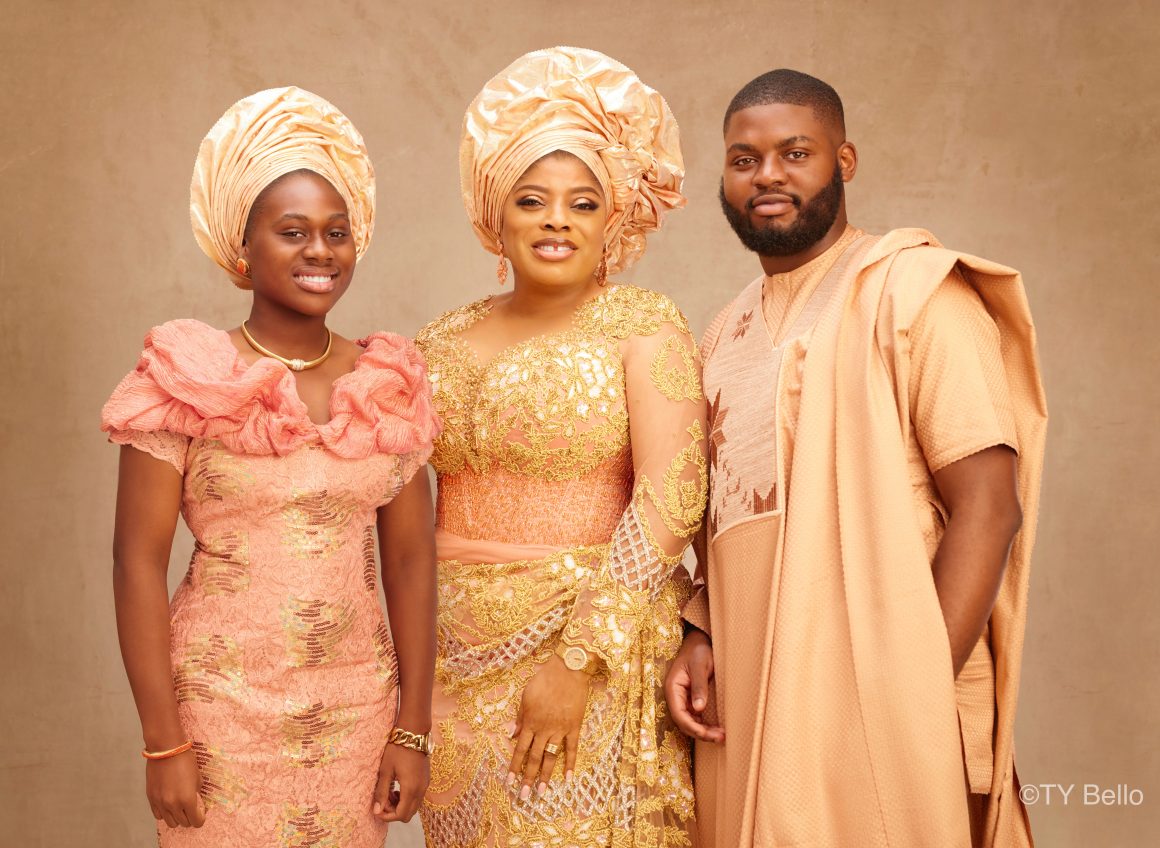
Let’s talk about finance. Many women in Nigeria and even worldwide still don’t have access to financial services. Why is this a problem, and how, as a woman at the helm of financial affairs, are you correcting this?
Financial Inclusion is a challenge we are tackling head-on at Fidelity Bank. We subscribe to the school of thought that for us to have a prosperous economy, women—who account for over 41% of Nigerian small businesses—need to be adequately catered to.
We have therefore introduced several initiatives to close the gap in serving the womenfolk. Today, we have a unique proposition (HerFidelity) that caters to the needs of women across different cadres.
Can you tell us more about HerFidelity’s proposition for women?
In 2022, we created a special proposition called HerFidelity to support women across different cadres in meeting their aspirations. HerFidelity is a community-driven initiative that provides support for women through four strategic pillars, namely: Access to Capital -where we support female customers with access to grants and loans at concessionary rates; Capacity Building -where we have upskilled female entrepreneurs in digital marketing, financial reporting, budgeting & planning, tailoring, auto-mechanics and several other skill sets through our dedicated apprenticeship programmes. We also have the Health & Wellness pillar -through which we host regular advocacy programmes for healthy living amongst womenfolk through initiatives like free cervical cancer screening and other medical outreaches, as well as the Entrepreneurship Support pillar.

When you took office in 2021, what were some of the key priorities you tackled as a woman CEO, and how did you gain respect from your male counterparts in a male-dominated industry?
Starting out in 2021 as MD/CEO, my vision for the Bank was clear, and I quickly identified eight focus areas that would guide me in executing it. These areas included Brand Refresh, Workforce Transformation, Digital Transformation, Innovation, Service Excellence, Accelerated Growth, and Performance Discipline.
For me, the immediate priority was to put the Bank on a consistent growth trajectory and ensure our customers are delighted with our service delivery. Luckily, I have been blessed with a very supportive board of directors and one of the most competent teams in the banking industry. With this in place, the only direction we could go was forward, and the rest, as they say, is history.
Looking back, I can say we have made commendable strides across each of these pillars. Today, the Fidelity brand is well recognised locally and internationally, thanks to our brand refresh exercise. We have also upskilled our staff and promoted an average of 15% of them annually in the last three years. For our Digital Transformation pillar, we have revamped our systems and processes to provide a more seamless and enriching experience; for innovation, we have introduced several platforms to deepen our customer experience even as we continually review our processes. Similarly, we revamped our products and services for Service Excellence, which resulted in our improved rating in the 2023 KPMG Customer Experience Survey. For Accelerated Growth and Performance Discipline pillars, our quarterly financial performance demonstrates our success as we have achieved a Cumulative Average Growth Rate (CAGR) of 64% and share performance by around 290% over the last three years. Perhaps nothing highlights our strong performance over the last three years, such as the multiple awards and recognition we have received from local and international bodies like the Financial Times, Euromoney, Global Finance, The Banker Magazine, Businessday, Development Bank of Nigeria, and so on.
What systems and plans have you put in place at Fidelity Bank so far to continue to innovate and make it a leading bank in Nigeria?
When I took office, I initiated a platform revamp project to, among other things, drive efficiency and innovation of new products. With our investment in IT infrastructure, we have seen an uptick in transaction volumes and customer onboarding. One of the strategic decisions we have made is establishing an IT steering committee at the board level, which has been instrumental in our IT revamp agenda.
Your tenure saw the expansion of Fidelity Bank to the United Kingdom; how has this move impacted the Bank in the finance sector?
Our expansion to the United Kingdom is borne out of our strategy to deepen our trade financing play and grow our service offerings to High Networth Individuals (HNIs) and diaspora customers. I am glad that since our foray into the UK market, we have started to see the benefits of our synergy in customer transactions and bottom-line growth. Since the commencement of our UK office in 2023, profit before tax has grown by 131.5%
What is the Bank also doing to grow its regional presence?
We are doing quite a bit in that space as we are considering several countries that make business sense for us to open shop in. For us, it goes beyond expanding across Africa to identifying countries where we can make meaningful economic impact. Some of the capital we get from our Public Offer and Rights Issue will be deployed towards expanding our footprints across Africa in strategic markets.
Can you share any of the most significant upgrades the Bank has made to its IT (information technology) infrastructure in recent years? And have any of those upgrades been carried out to improve the Bank’s retail-banking credentials?
The reality of banking today is that you can not afford to play catch up with innovation, especially if you want to be regarded as a leader in the retail banking space. Hence, we are constantly upgrading our platforms to keep up with our expanding customer base and evolving customer needs. As a matter of fact, one of the objectives for our current recapitalisation drive is to raise funds to bolster our IT systems. Our performance in the retail banking space has not gone unnoticed, as we have won several awards for the value we bring to customers’ businesses. Some of these awards include the Best SME Bank Nigeria by the Global Banking & Finance Awards and the Platinum and Service Ambassadors Awards by the Development Bank of Nigeria, amongst others.
What are some successful social-responsibility initiatives the Bank has undertaken since you took the position?
At Fidelity Bank, we believe we are only as successful as the communities we serve and are always executing impactful projects across our 251 business locations. Since 2021, we have done a lot of work across our four CSR pillars of Education, Environment, Health & Social Welfare, and Youth Empowerment.
In the education space, we have renovated several schools across the country and just concluded the first season of our reading advocacy programme, Read2Lead. In the Environment, we regularly advocate for tree planting as a means of addressing desertification and have also adopted several gardens across the country for maintenance.
Through our Food Bank initiative, which drives our Health and Social Welfare pillar, we have distributed more than 100,000 food bags in over 80 communities nationwide since we launched the project in April 2023. Furthermore, recognising Tech’s growing impact on young people, we recently sponsored the African Tech Expo to drive our objectives under our Youth Empowerment pillar.
Going a bit personal now, you recently turned 60. Congratulations. Do you see this age coming with major life changes?
I wish I could say that my schedule is slowing down now but that isn’t the situation. The reality is that we live in a very interesting time, and there’s just so much to keep up with. For me, I’m learning to enjoy the benefits of hindsight and having a reticent approach to issues when I can.
What are some things you would like to take more time to do now you are 60?
Quality time with family is key. I would also certainly love to explore my hobbies some more. I am also passionate about community development/mentorship, and I will be initiating some projects along this line soon.
When you don’t have your CEO hat on, what do you like to do?
I love spending time with my family, cooking, and traveling to explore the world.

